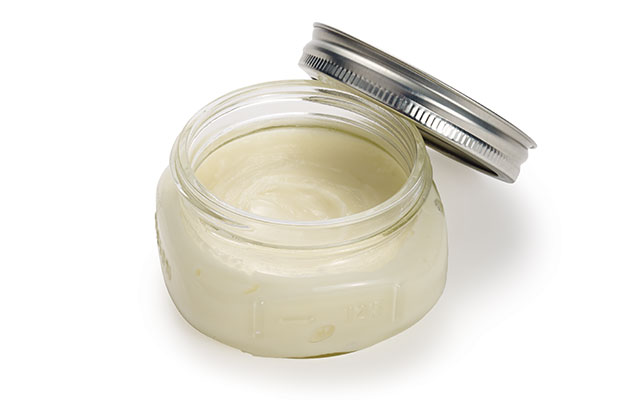All of us have body odor — even if we think we don’t. Our signature smell is a combination of overall health, personal hygiene, genetics, and the bacteria on our skin. While individual scents vary from strong to mild, intense body odor may be a cause of concern.
There are many reasons we might smell. Certain foods, such as sulfur-containing garlic and cruciferous vegetables, may cause body odor, but contrary to popular belief, sweat in and of itself does not cause it. Body odor is caused by a combination of sweat and bacteria.
We have two different types of sweat glands: eccrine and apocrine. Eccrine sweat glands are activated when the body needs to lower its temperature, usually during exercise or if it’s hot outside. These glands are found all over our bodies — but predominantly the hands and feet — and produce sweat uniformly. The sweat does not smell because its composition is similar to water. (Hyperhidrosis is a condition of excess sweat, mainly produced when our eccrine glands overreact.)
Apocrine sweat glands, on the other hand, are found only in certain areas of our bodies with hair follicles — the groin, axillae (armpits), breast areolae, and ear canals — and are activated in response to stress. The sweat produced by these glands is odorless until it combines with microbes on the skin. Evolutionarily speaking, the purpose of apocrine sweat glands was to produce sweat that could mark territories and act as a pheromone. In our modern world, apocrine sweat glands are activated by stressors like fear, anxiety, pain, and even sexual stimulation.
Antiperspirants Are Not the Answer
Sweat is a natural way for our bodies to regulate our internal temperature and eliminate toxins from our bodies. Antiperspirants block this process and can have negative long-term effects on the body. If you are concerned about body odor from your sweat, below are some small changes you can make.
- Eat a diet rich in plant-based whole foods. What we eat and drink makes a difference. Have you ever smelled someone after a night of heavy drinking and it seems like alcohol is seeping from their pores? We sweat what we eat and drink, so choose accordingly.
- Detox the body internally and externally. Taking activated-charcoal capsules a few times a week can help bind toxins for elimination through our stool. A DIY charcoal mask applied to the armpits can help ease the transition from traditional deodorants to more natural options. If you’re not a fan of the DIY approach, there are commercial products available that do all the hard work for you.
- Replenish the good bacteria. Harsh soaps and cleansers can disrupt the fragile microbiome on our skin. It is possible to still get clean without using products that eliminate good bacteria. Also, soaking your feet in a diluted apple-cider-vinegar bath can reduce foot odor by lowering the pH of the skin so odor-causing bacteria are unable to survive.
- Drink liquid chlorophyll. When taken daily, this detoxifying supplement prevents odor from the inside out — think of it like an internal deodorant.
- Look for underlying medical conditions. There are also various medical conditions that may cause body odor, including trimethylaminuria (which causes people to emit a rotting-fish smell), thyroid imbalance (particularly hyperthyroidism), liver dysfunction (which causes people to emit a sweet ammonia-like smell), and zinc deficiency. Be sure to consult a trusted medical expert.




This Post Has 0 Comments